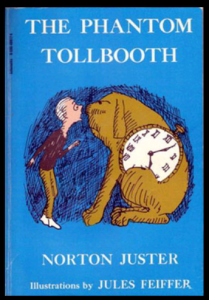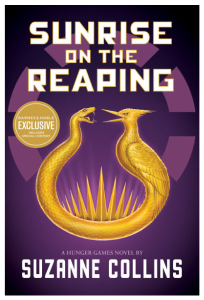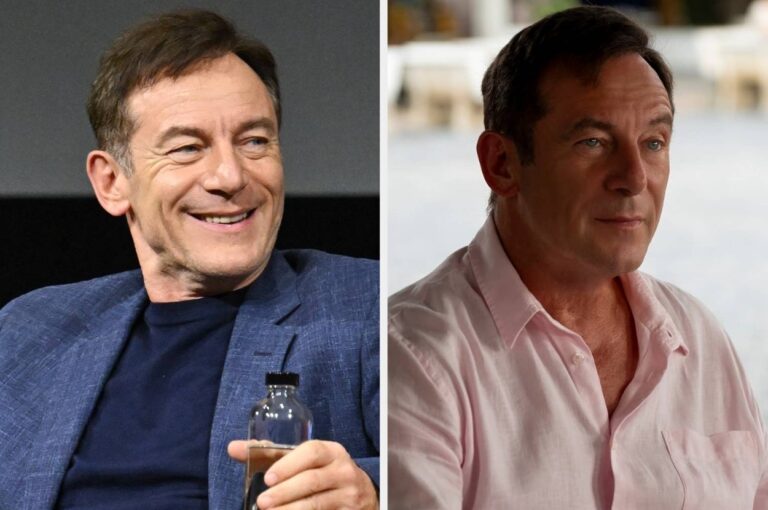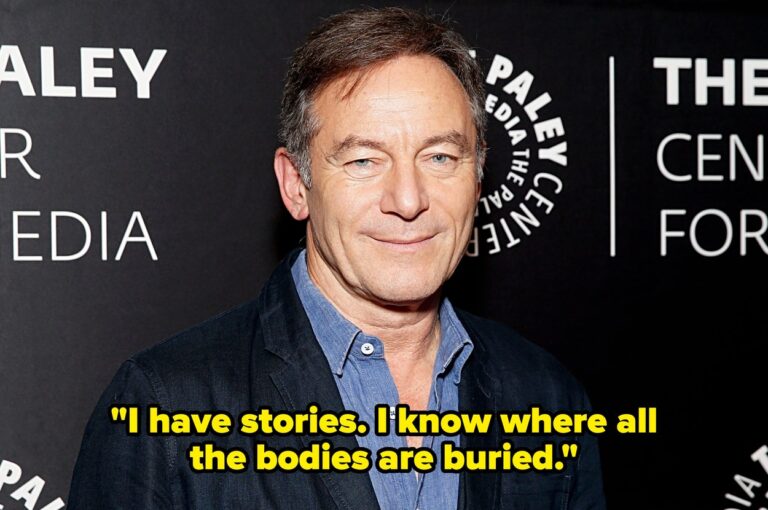
Jules Feiffer died on 17 January this year at age 95 and I have to confess I was surprised to learn he lived to see 2025. The name in the obituary and the books associated with it in my deepest of my memories drew me back more than fifty years, a startling experience akin to a stray scent causing an avalanche of associations with a lost friend or a forgotten event.
Reading the obituaries online, I learned how other people remembered him. As a cartoonist for Playboy magazine, as a satirist of the English Punch tradition whose ‘strips’ in The Village Voice, even The New York Times, were biting and pointed simultaneously, as the screenwriter for films such as Carnal Knowledge: he had a full life of notable achievements, in other words, besides working on two books that shaped my life so intimately.
 The first was the illustrations he did for Norton Juster’s The Phantom Tollbooth in 1961, the year I was born. It is the first book I can remember reading, though it’s safe to say I had read all the Dr Seuss classics, the Beginner Books series, and maybe even a few Hardy Boys serials before I met Milo, Tock, and the Humbug. I can’t even guess how many times I read it as a boy or as a dad excited to share it with my children. More recently I bought my daughter Sarah the annotated edition of Tollbooth to read to her three children and she was as thrilled and excited about that present as I can remember her being when we finally spent money we didn’t have to get her a flute equal to her zeal for the instrument.
The first was the illustrations he did for Norton Juster’s The Phantom Tollbooth in 1961, the year I was born. It is the first book I can remember reading, though it’s safe to say I had read all the Dr Seuss classics, the Beginner Books series, and maybe even a few Hardy Boys serials before I met Milo, Tock, and the Humbug. I can’t even guess how many times I read it as a boy or as a dad excited to share it with my children. More recently I bought my daughter Sarah the annotated edition of Tollbooth to read to her three children and she was as thrilled and excited about that present as I can remember her being when we finally spent money we didn’t have to get her a flute equal to her zeal for the instrument.
The Phantom Tollbooth, in brief, was my doorway to thinking about words, stories, and books, and it was for my children as well, perhaps the entrance for several generations of readers — and Feiffer’s sketchy illustrations, the barest of line drawings really, are indelibly linked to that never-ending adventure in imagination. I only learned this morning that Feiffer was Juster’s roommate at the time he wrote the book and played a larger part in its writing than an illustrator might otherwise have. It makes sense that all the word play in Tollbooth might have sprung from puns shared by two friends in a months long conversation, one that bent my brain to thinking about words-about-words in a story about the story experience.
 The second was Feiffer’s collation and annotation of The Great Comic Book Heroes, a book that came out in 1965 and I received as a Christmas gift sometime in the early 1970s. Its subtitle is one of the best ever: “, that almost made up for the camp television series of that time.
The second was Feiffer’s collation and annotation of The Great Comic Book Heroes, a book that came out in 1965 and I received as a Christmas gift sometime in the early 1970s. Its subtitle is one of the best ever: “, that almost made up for the camp television series of that time.
Feiffer’s over-sized book, a collection and reprinting of the earliest comic books of my favorite heroes with his helpful commentary and introductions, made me think for the first time about comics as a genre of story, one that had historical beginnings and a rainbow variety of possible meanings in the hands of different writers and artists, no where more obvious than in the Batman series. The Great Comic Book Heroes is also where I learned that my given name, ‘Alan Scott,’ was from the golden age or original Green Lantern, a revelation that astonished me because of my father’s disinterest in any kind of fiction or reading, really, beyond news magazines (it turns out, he picked the name up from a comic book he looked at while waiting for a haircut).
Feiffer’s Comic Book Heroes was a beautiful book that my mother was happy to include on the living room table with other over-sized photo collections that were popular at the time. It was always at hand, consequently, which led to repeated revisits and re-readings. I have to think now that it was an invisible influence on my thinking about stories, writers, and that this was a field to be interpreted and understood better, at a depth different than the delightful unconscious imaginative experience.
I doubt I would have liked Jules Feiffer, just as I’m pretty sure I would have been very uncomfortable talking with Ted Geisel (‘Dr Seuss’). I am saddened by his death, nonetheless, because I never expressed to the man, one I assumed had died ages ago, my gratitude for Tollbooth and The Great Comic Book Heroes. He changed my life, or, better, he helped shape it at its beginnings, and all the friendships I have had inside books and with other readers talking about those stories since to some degree I owe to him. Memory eternal!







